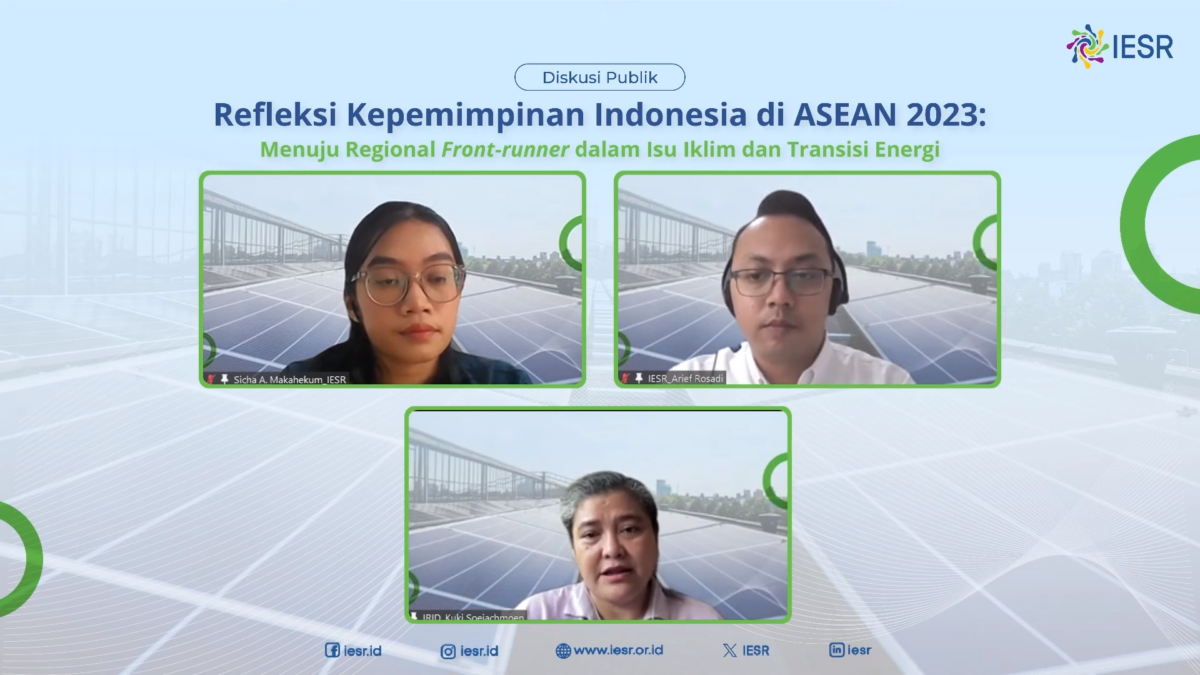Jakarta, 20 October 2023 - The transfer of the ASEAN leadership baton to Laos marks the end of Indonesia's leadership in the ASEAN region. A number of milestones such as cooperation with external non-ASEAN parties, as well as several opportunities for cooperation between ASEAN member countries are a good note. However, this good record has…

